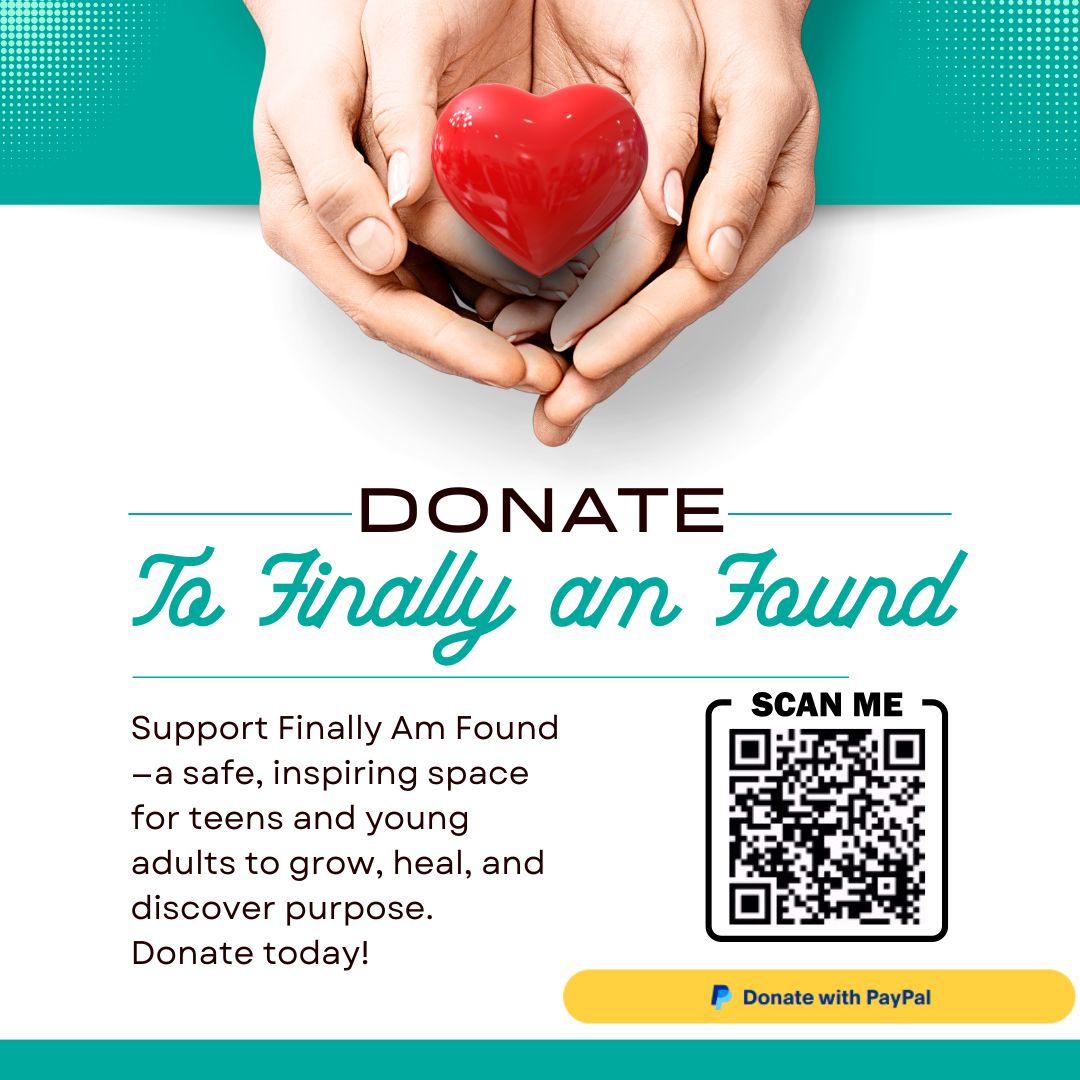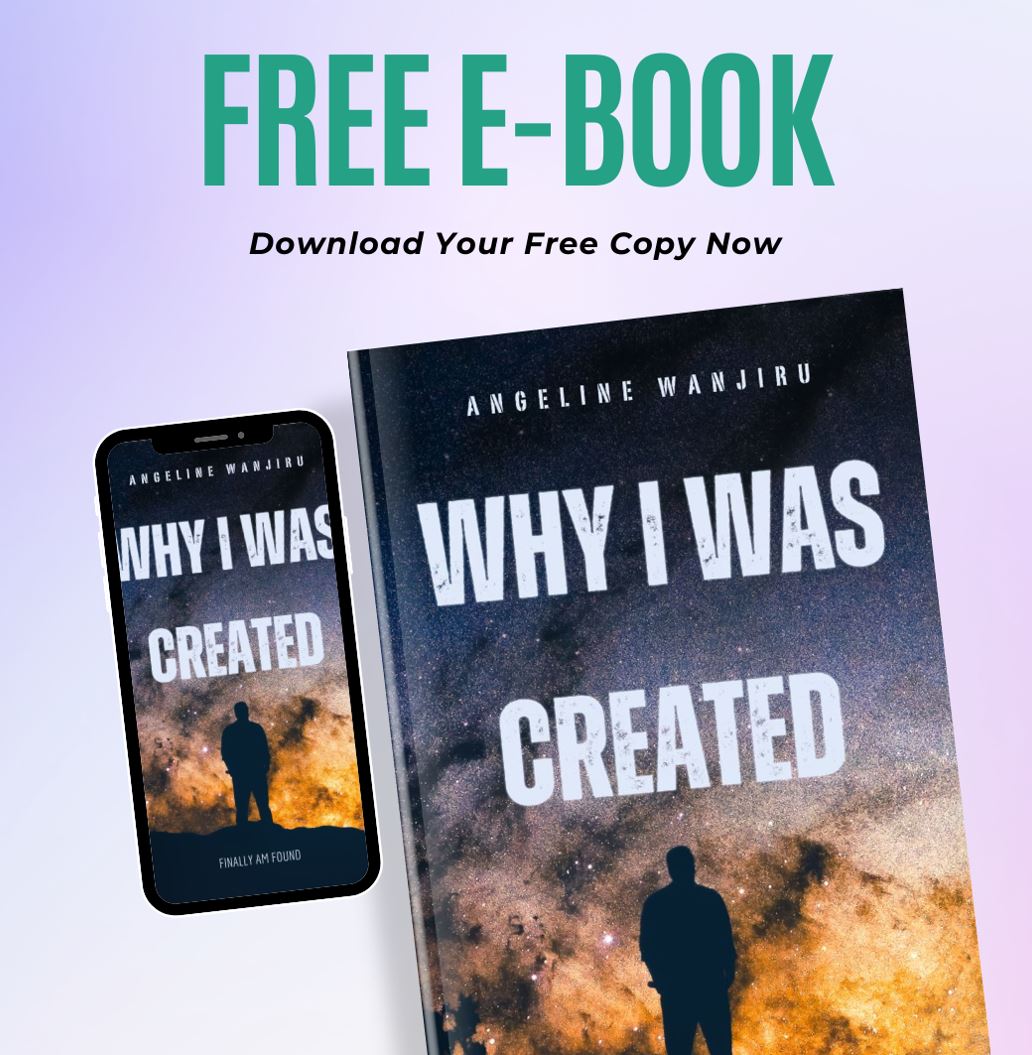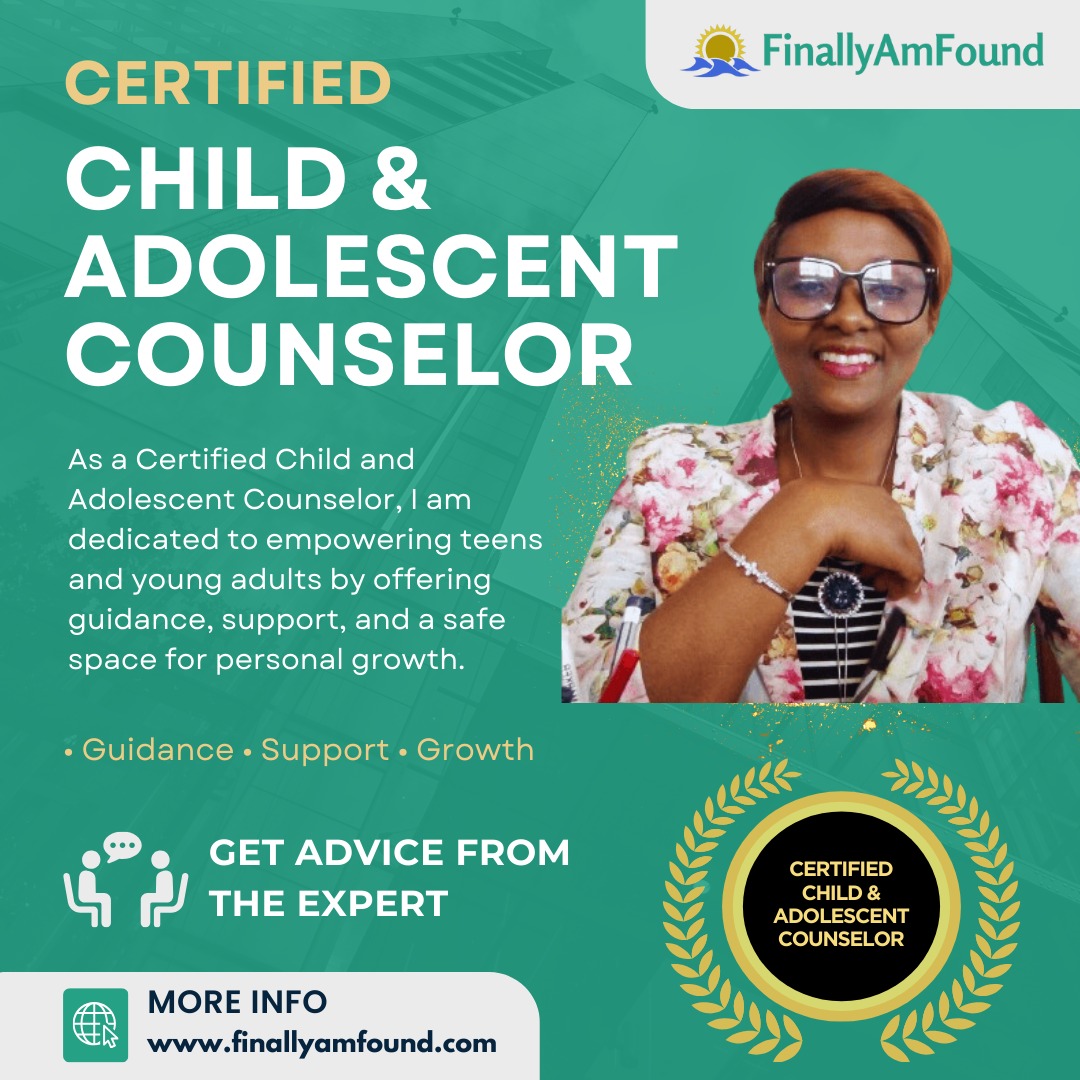Friendship is one of the most fundamental aspects of life, yet it can also be one of the most complex. As young people, you might experience different kinds of friendships, from close companions to casual acquaintances. These relationships play a significant role in your emotional well-being, but they also require boundaries, understanding, and self-awareness.
Friendship has no color, tribe, or background but has genuine connection, trust, and mutual respect as its common denominator, regardless of where one comes from or what they look like.
The Different Kinds of Friends
Friendships aren’t all the same, and that’s okay! Each friend you have can bring something unique to your life. Some friends stay with you for years, while others may only be in your life for a season. Recognizing the different kinds of friends can help you navigate your
relationships more effectively.
Best Friends
Best friends, often referred to as “go-to friends,” are those steadfast companions who stand by your side through every twist and turn of life. Whom you share a deep bond with. They are the ones who accompany you on trips to the hospital, help run errands, and provide a shoulder to cry on during difficult times. These friends possess an intimate understanding of your personality, seamlessly grasping the nuances of your thoughts and feelings so they are not judgemental.
You trust them deeply, sharing your innermost fears, dreams, and vulnerabilities without hesitation. Their unwavering support, honesty, and love create a safe space where you can be your true self. Whether celebrating your triumphs or navigating challenges, close friends are your constant allies, ready to lend a listening ear or a comforting embrace when life becomes overwhelming.
Their presence is a comforting reminder that, no matter how tough things get, you are never truly alone. They can be someone you’ve known since childhood, a colleague who became a confidant, or someone you met through a shared hobby or interest. They can be long-lasting but often require effort and commitment from both parties to maintain and nurture over time.
Research suggests that close friendships like best friends can last a lifetime, but they may also evolve and change as people grow and go through different life stages. Despite these challenges, many of these friendships can withstand the test of time and remain a vital part of a person’s life.
Best friends offer empathy, patience, and support, accepting flaws without judgment and creating a safe space for vulnerability. They provide comfort, encouragement, and practical help during struggles, fostering mutual understanding.
All best friends are close friends, but not all close friends are best friends. Best friends tend to occupy a more central role in your life, while close friends are important but may not be as deeply intertwined with your everyday experiences.
Seasonal Friends
Not all friendships last forever. Some friends come into your life during specific periods—maybe they were there for a particular job, school/work/community project, or phase of life. Seasonal friends might fade away once that phase is over, but they still offer valuable experiences and lessons.
Letting go of seasonal friendships doesn’t mean they didn’t matter; it simply means they served their purpose during that time, for which you should be grateful. Cherish the good memories and accept the natural flow of life, but don’t be bitter or force issues.
How to Identify Seasonal Friends
Recognizing a seasonal friendship while it’s ongoing can be challenging, but there are subtle signs. These friendships often revolve around a specific phase, shared goal, or activity, like school, work, or a project. While meaningful, they may lack the depth or alignment needed to endure beyond that season.
As circumstances change, such as graduating or moving, the bond may naturally weaken without conflict or hard feelings. The connection often feels purpose-driven, and when the shared phase ends, differences in values, priorities, or interests become apparent. Over time, it becomes clear that the friendship was meant to serve a specific purpose, and that’s okay.
Seasonal friendships can sometimes develop into close friendships or even best friends.
Casual Friends
These are friends you enjoy spending time with but don’t share your deepest secrets with. They’re often people you see in social settings, such as parties, sports, or shared interests. Casual friends are important too, as they can add fun and variety to your life.
Setting Boundaries in Casual Friendships
As you navigate casual friendships, it’s important to set clear boundaries. These friendships thrive on mutual respect, so avoid oversharing or expecting the same level of emotional investment as with close friends.
Be mindful of toxicity, as casual friends can exhibit behaviors like gossip, manipulation, envy, jealousy, or disrespect. Recognize red flags and distance yourself if the friendship feels unhealthy.
While it’s okay to share parts of yourself, don’t be too vulnerable unless trust has been established—casual friends may not provide the emotional safety you need. Value these friendships for the joy and companionship they bring, but avoid over-attachment or expecting permanence. Always be authentic; pretending to fit in or compromising your values for acceptance can lead to unnecessary stress. Communicate politely and honestly to maintain respect and resolve misunderstandings.
Finally, remember that casual friendships can sometimes grow into deeper connections over time, so stay open to that possibility while letting it happen naturally.
Fair-Weather Friends
These friends are only around when things are going well. They may not be reliable in tough times or may only be interested in you when it benefits them. While they might be fun to be around, it’s important to recognize the limits of this kind of friendship. They can be toxic.
Characteristics of Fair-Weather Friends
They show inconsistent support, avoiding deeper emotional connections, and often focus on fun or superficial topics. These friends may appear self-interested, valuing what they can gain from your good times rather than offering genuine care.
When you’re facing a crisis, they may avoid providing help or emotional support. Recognizing fair-weather friends helps you see which relationships lack depth and mutual investment, allowing you to focus on those who are there for you in both good and bad times.
Online Friends
Online friends are a unique class in the digital age, offering emotional support and camaraderie without physical presence. While these friendships can be meaningful, they can also degrade or evolve over time. The key to navigating online friendships is maintaining clear boundaries and balance.
It’s important to remember that, although virtual connections are real, they can differ significantly from face-to-face relationships. This can make online friendships prone to toxicity, such as miscommunication, misunderstandings, or even manipulation. Therefore, it’s essential to be mindful of the dynamics, ensure respect, and protect your peace in these digital connections.
While it’s okay to build trust with online friends, do so gradually and be mindful of the pace. Some people may not be who they claim to be, so take time to truly understand them before becoming deeply invested.
It’s easy to form strong emotional bonds online, but it’s important not to rely solely on virtual friends for support. They may not always understand the full context of your life, and face-to-face connections can offer a different level of support.
The Importance of Having an Independent Mind in All Kinds of Friendships
While friendship is about connection and mutual support, it’s also crucial to maintain an independent mindset. Being overly reliant on other people for validation or decision-making can lead to unhealthy dynamics.
While friendships are built on mutual support, it’s important to stay grounded in your own values, beliefs, and goals. Independence in friendship involves being able to make your own decisions, pursue personal growth, and handle challenges without always seeking approval or direction from others.
It’s about having the confidence to express your thoughts, set boundaries, and maintain your own identity, even while being emotionally connected to others. When both friends are independent, the relationship becomes healthier and more balanced, as neither person feels overly dependent on the other for their sense of well-being or direction.
Why Independence Matters
- Self-Worth: Your self-worth should not depend entirely on how your friends perceive you. Maintaining independence helps you build confidence and learn to validate yourself, rather than seeking constant approval from others.
- Making Your Own Decisions: Independent thinking allows you to make decisions based on your values, goals, and beliefs, not just the opinions of your friends. While friends can offer advice, ultimately, you need to trust your judgment.
- Avoiding Manipulation: Some friendships, as we have mentioned, can become toxic if one person is too dependent on the other. By maintaining your independence, you avoid being manipulated or taken advantage of in ways that could harm your emotional health.
- Personal Growth: Independence fosters personal growth. It gives you the space to explore your own interests, pursue your goals, and become a better version of yourself, independent of others’ expectations.
Trust and Boundaries in Friendship
Trust is a key pillar in any friendship, but it’s also important to set boundaries. Trust is earned over time through actions, consistency, and vulnerability, but it should be mutual. In any friendship, it’s essential to know your limits and communicate them to others.
Boundaries Can Include
- Emotional Boundaries: Not sharing everything with your friends is okay. It’s important to maintain some privacy and only open up when you feel comfortable.
- Time Boundaries: While friends are important, your time is too. Balancing time with friends and time for yourself is essential for maintaining mental and emotional well-being.
- Respect for Differences: Sometimes, friendships might require you to compromise or adjust. However, you should never have to compromise your core values, beliefs, or needs just to keep the friendship intact.
- Identity: Boundaries help you nurture your own sense of identity by allowing you to define who you are, what you value, and how you want to engage with others.
When you set limits, you take time to reflect on what makes you comfortable or uncomfortable, strengthening your understanding of yourself. Confidently say “no” when something goes against your values or disrupts your well-being. This reinforces your sense of autonomy.
Signs of a Toxic Friendship
Friendships are meant to uplift you, but sometimes, they can become toxic. It’s crucial to recognize the signs early on:
- Constant Draining: If a friend constantly drains your energy, leaves you feeling bad about yourself, or makes you feel unappreciated, the friendship might be toxic.
- Manipulation: Friends should not manipulate or control you. If someone is trying to guilt-trip you or dictate how you should think or act, it’s a sign of an unhealthy dynamic.
- Disrespect: A true friend respects you, your time, your feelings, and your values. If you feel disrespected or unheard, it’s a clear sign that the friendship is no longer beneficial.
- One-Sided Effort: If you find yourself always reaching out, making plans, and investing in the friendship, while your friend seems indifferent or unresponsive, the balance may be off.
Should You Share Everything with Your Friends?
One of the key lessons in any friendship is learning what to share and what to keep to yourself. It’s important to have boundaries when it comes to personal information. Over-sharing, especially with new or casual friends, can lead to commotions or vulnerabilities being exploited.
You should feel safe and comfortable sharing things with a friend, but remember, it’s perfectly fine to hold back certain details for your well-being. Sharing sensitive details might put a strain on the friendship if the other person is not ready to handle them. Holding back allows the relationship to grow at a comfortable pace.
Can You Outgrow Friendships?
Yes, it’s possible to outgrow friendships. As you evolve, your interests, values, and goals might change. Sometimes, this means drifting apart from friends who no longer align with who you are or where you’re headed.
Outgrowing a friendship doesn’t mean it wasn’t meaningful at some point, but life is about growth and change. Embrace these transitions and let go of relationships that no longer serve you.
The Balance Between Being Yourself and Fitting In
Maintaining your individuality in friendships is crucial, and though this may echo what was said before, it’s an essential affirmation. While it’s wonderful to connect with friends over shared values and interests, it’s equally important to stay authentic.
Don’t feel pressured to change who you are to fit in or please others. True friends will appreciate you for who you are, quirks and all. Keep your individuality intact, and look for friends who support you in being your authentic self.
Moreover, being intentional about your personal development plays a crucial role in attracting the right kind of friends. When you actively work on yourself—through self-reflection, goal-setting, health and wellness, pursuing passions, spiritual growth, cultivating emotional intelligence, mindset shifts, and so on—you naturally draw in individuals who resonate with your authentic self.
This synergy creates meaningful connections where both parties can express their true identities and support each other’s growth. In summary, prioritizing your individuality while actively seeking genuine friendships can lead to more fulfilling and lasting relationships. Embrace who you are and share that authenticity with the world; in doing so, you’ll find friends who not only accept you but also encourage you to be the best version of yourself.
Final Thoughts on Friendship
Friendship is a beautiful journey that requires mutual respect, trust, and understanding. Not all friends are meant to stay forever, and not every friendship will be close or deep. Embrace the diversity of friendships in your life, and recognize the value each one brings.
From close confidants to seasonal friends, all relationships help shape who you are. Everyone tends to have at least one type of friend, whether it’s a best friend, a casual friend, a close friend, or even a seasonal friend. These different types of friends bring various dynamics to your life and serve unique purposes.
While the depth of the relationship may vary, each friend type plays an important role in enriching your life. Remember, it’s important to maintain an independent mindset, your identity, and know when to set boundaries.
Friendship should never come at the cost of your self-worth or emotional health. Prioritize your growth, stay true to yourself, and surround yourself with people who support you. In the end, friendship is about creating a safe, nurturing space where both people can thrive.
Prayer
Dear Almighty God,
I pray for healthy relationships built on trust, respect, and communication. Please bring people into my life who uplift and support me, and may I do the same for them. Grant me the strength to nurture and maintain these relationships.
Thank You for my friends; may we grow in Your love and wisdom. Thank You for being my friend.
In Jesus Christ, I pray and believe. Amen.
Hey, I’m Angeline, your RN and founder of Finally Am Found. With a heart for mentorship, I’ve been guiding teens and young adults since 2017. As a Registered Nurse, I blend medical expertise with personal experiences to create a Christ-aligned space for self-discovery. Connect with Angeline on Facebook and let the journey to self-discovery begin!
















